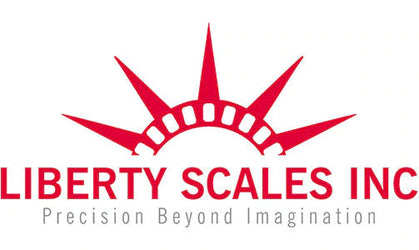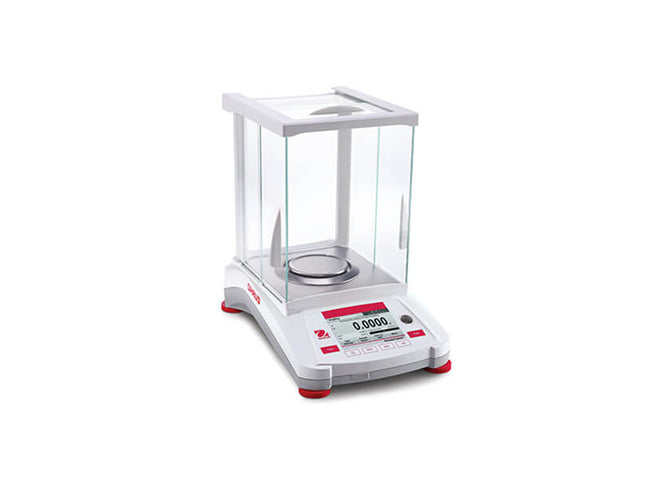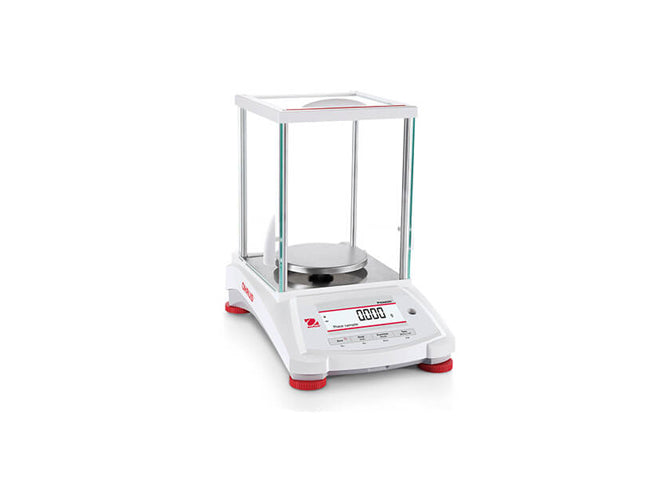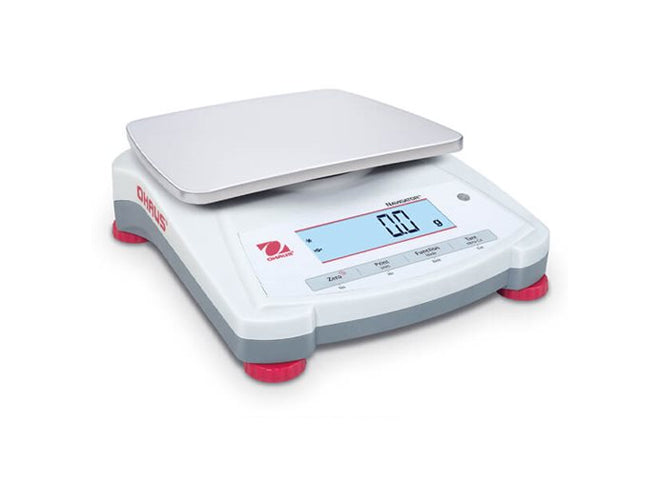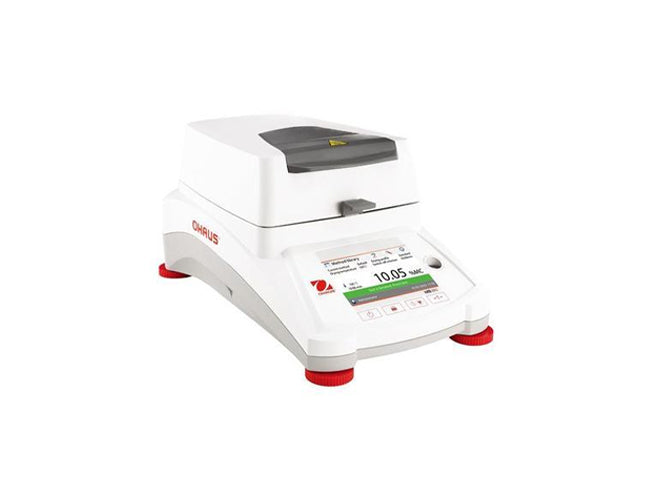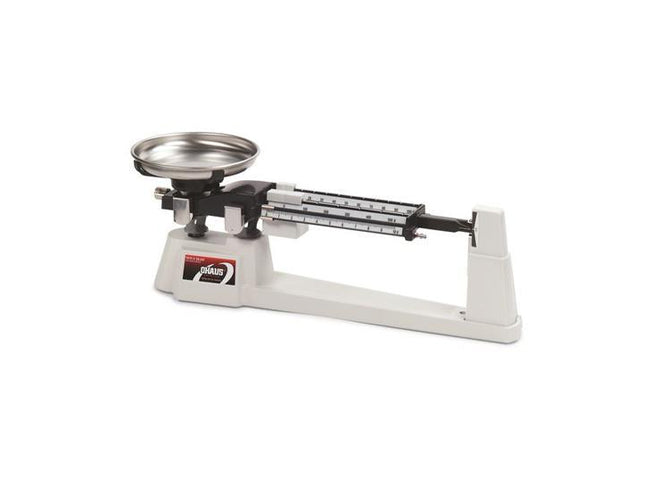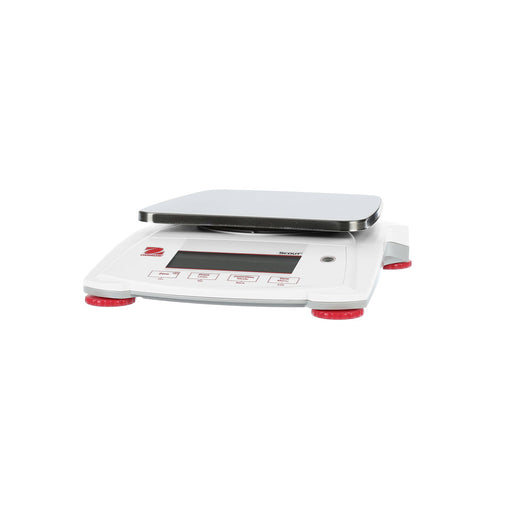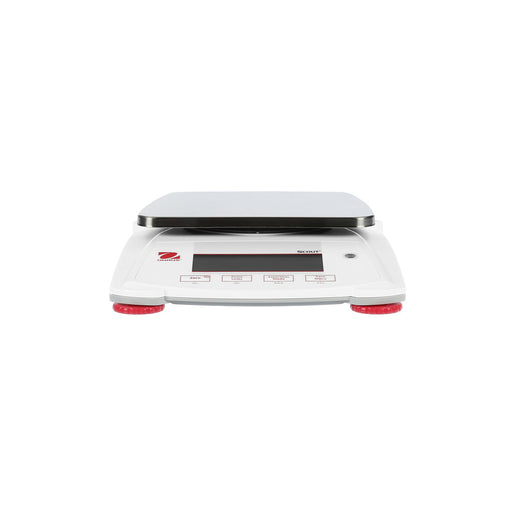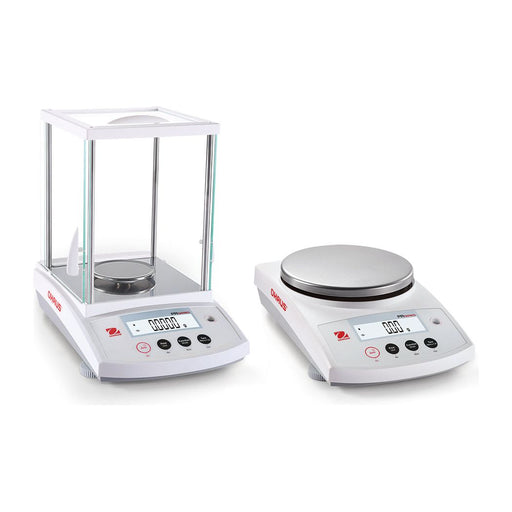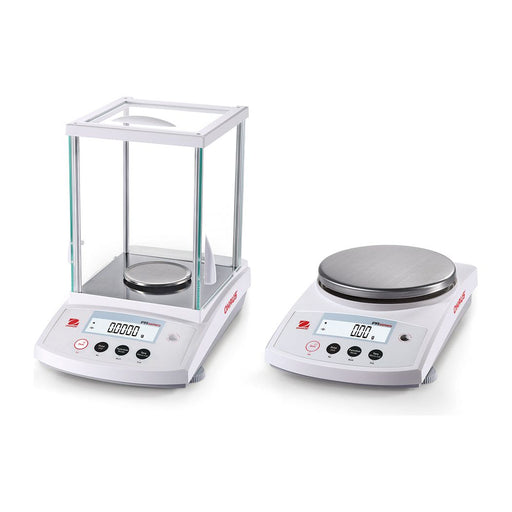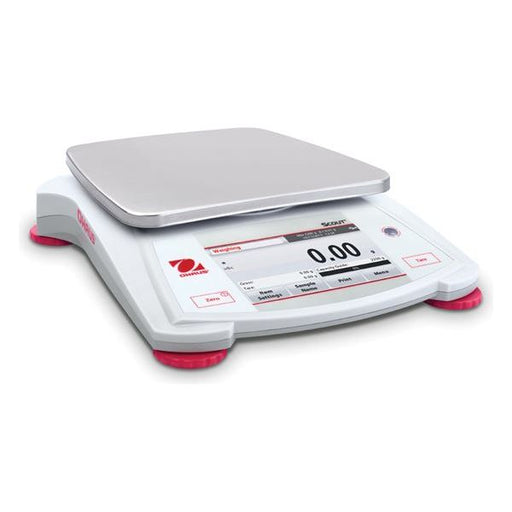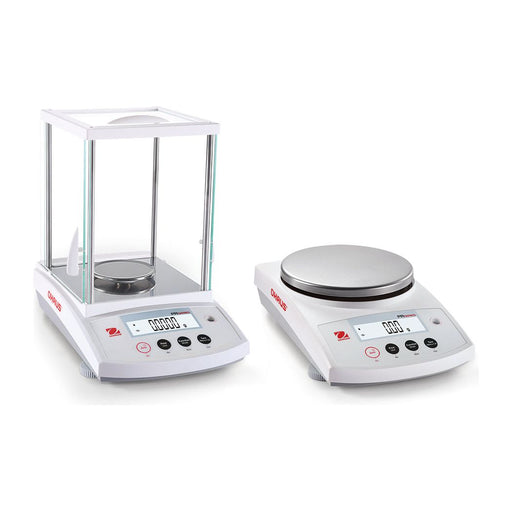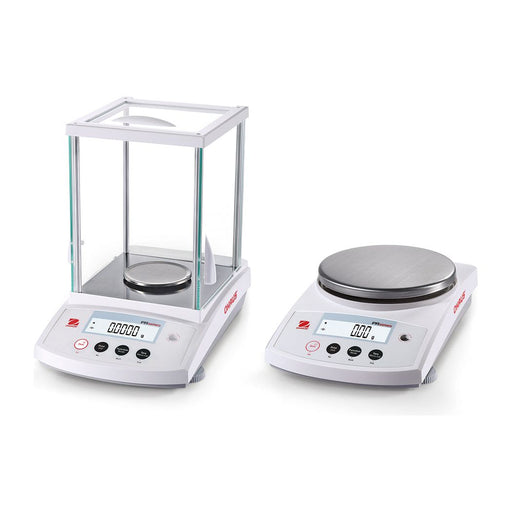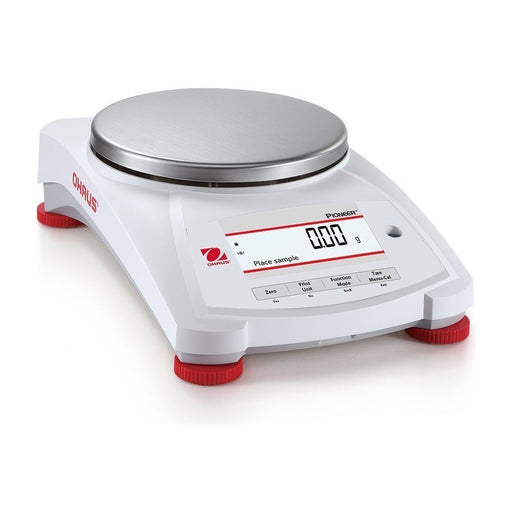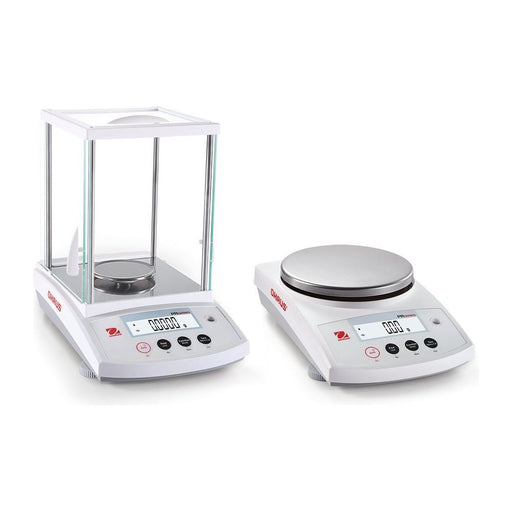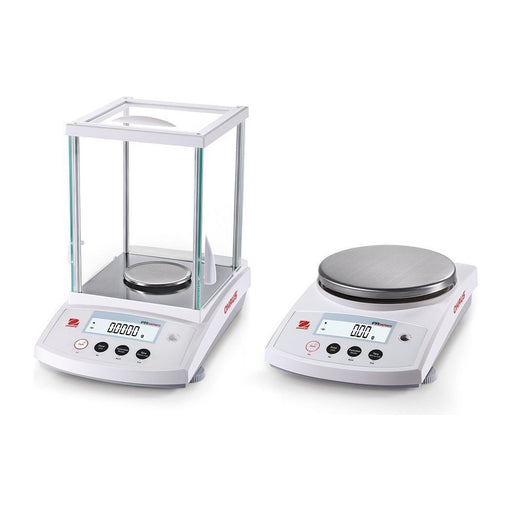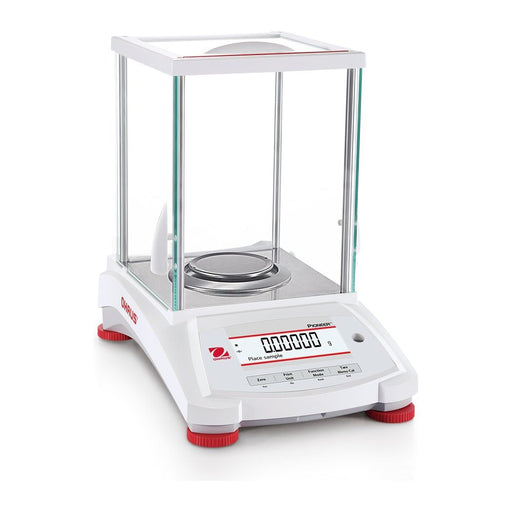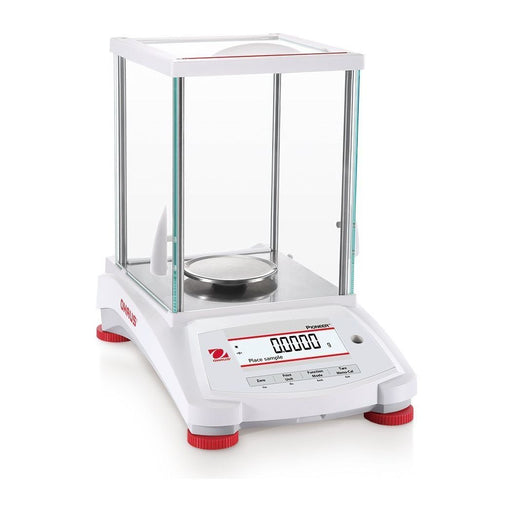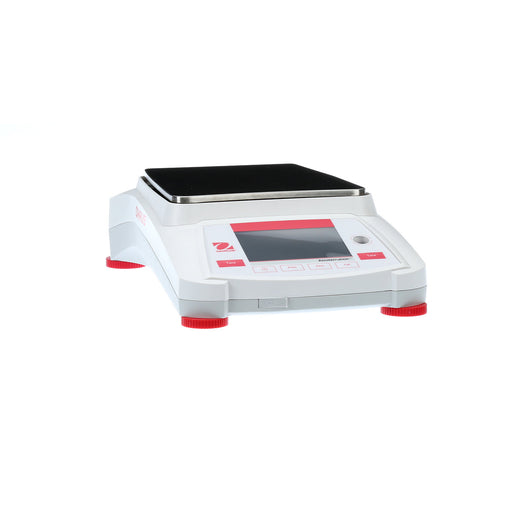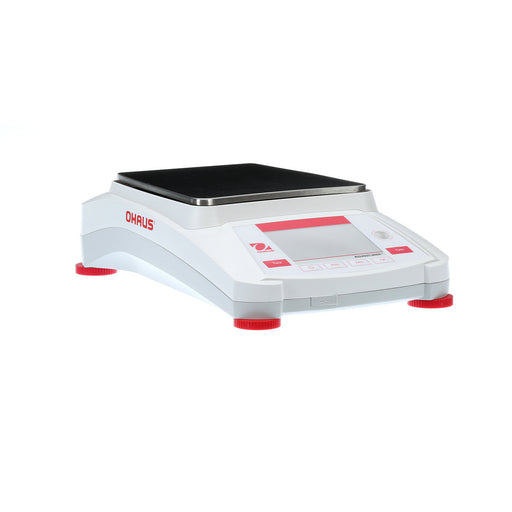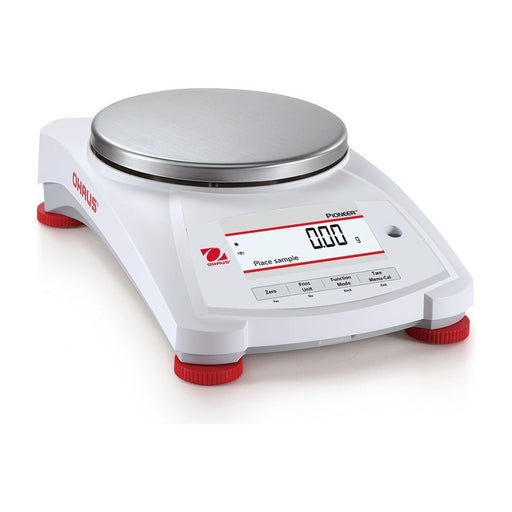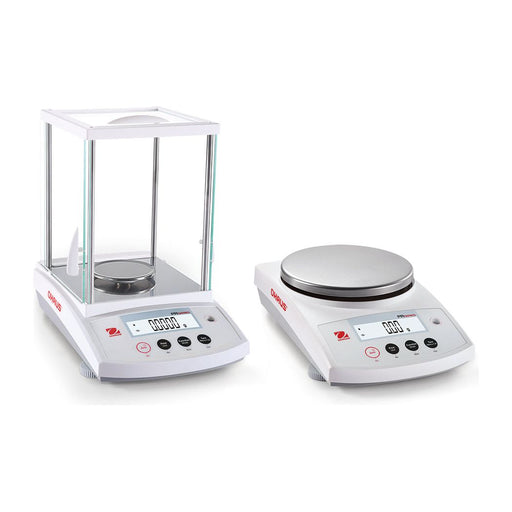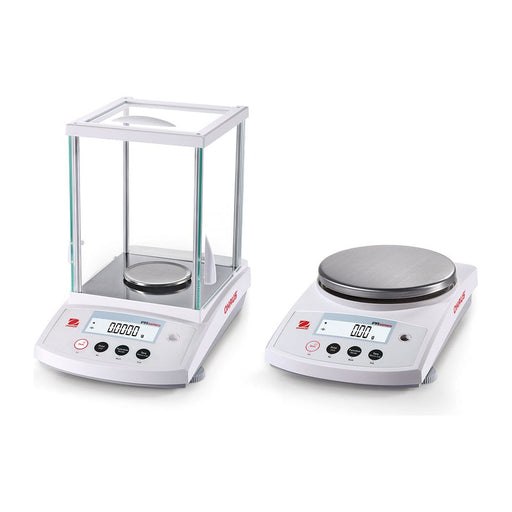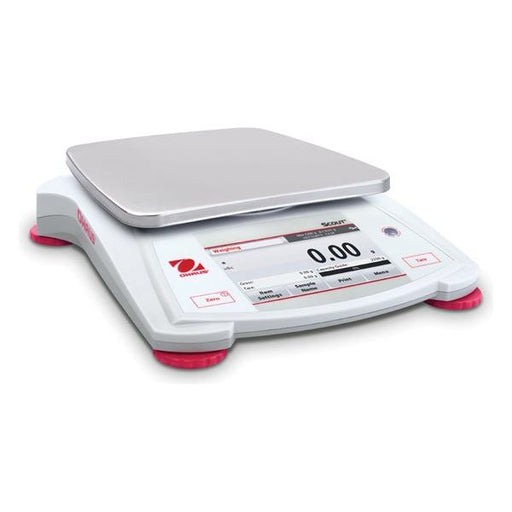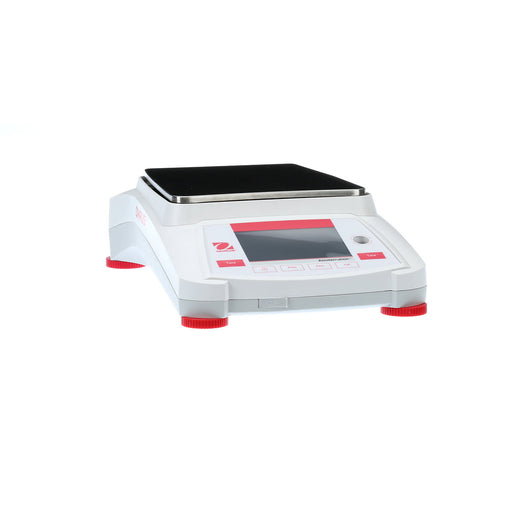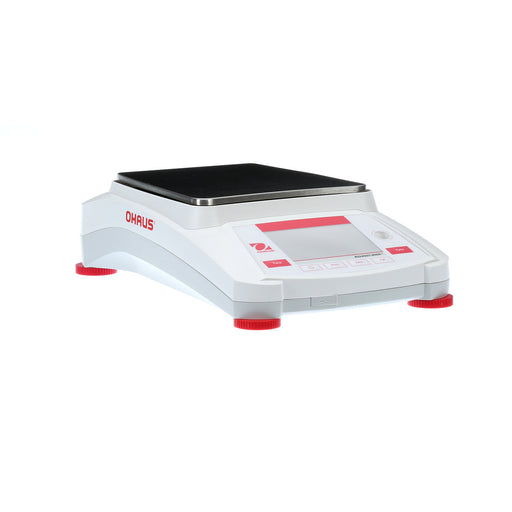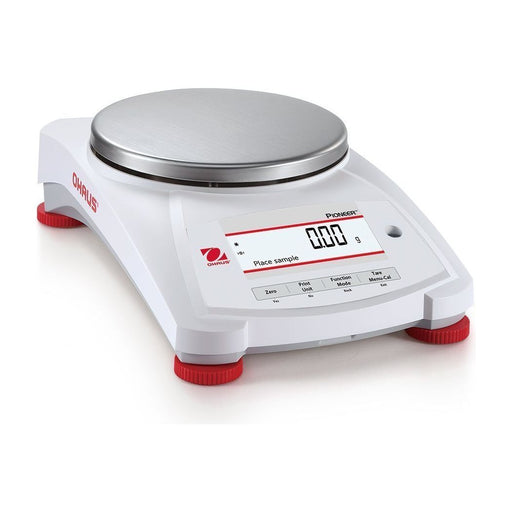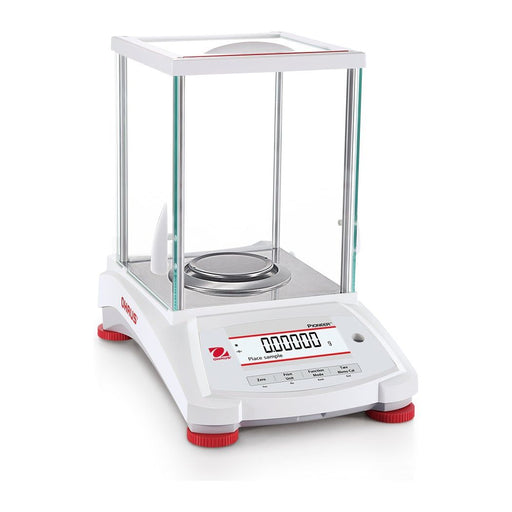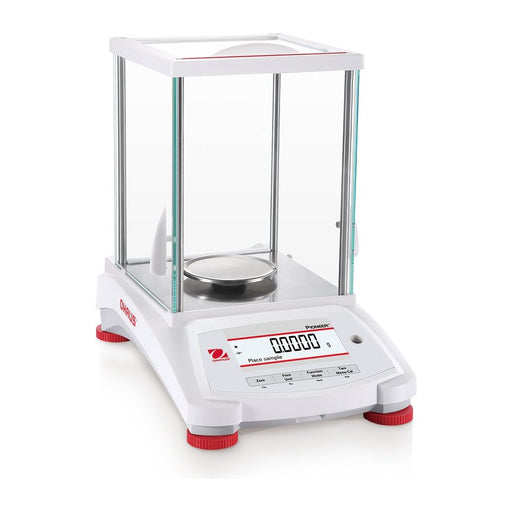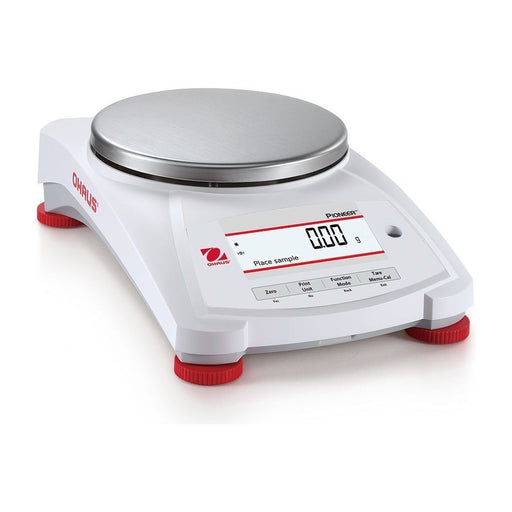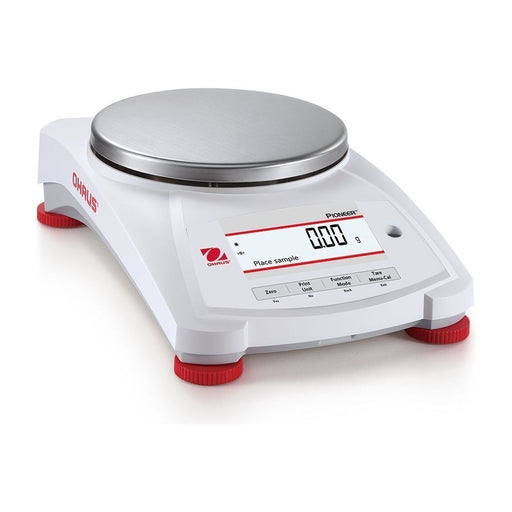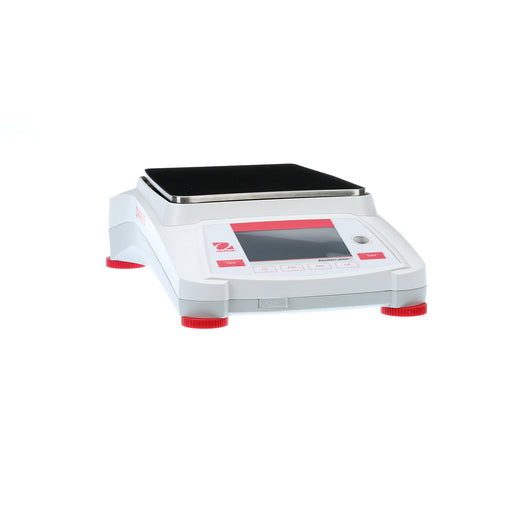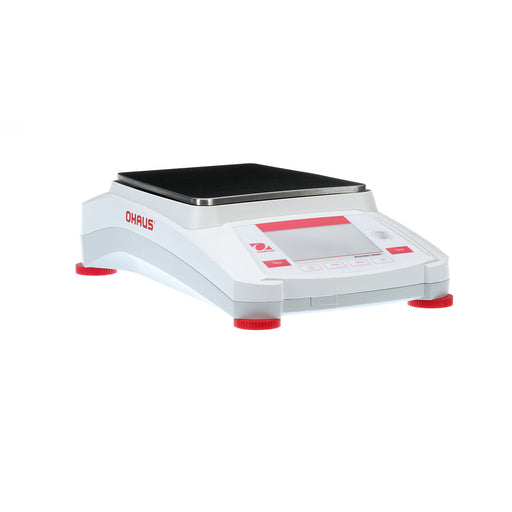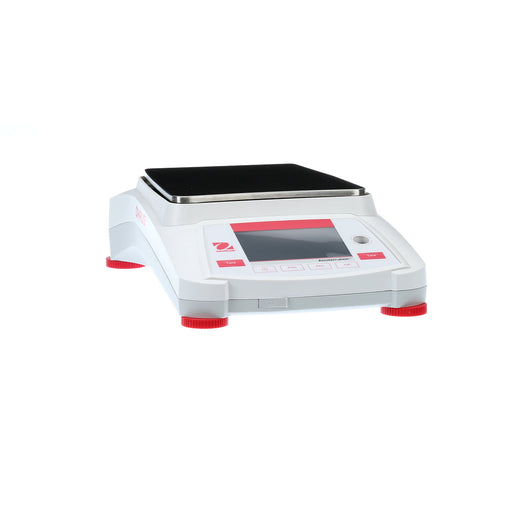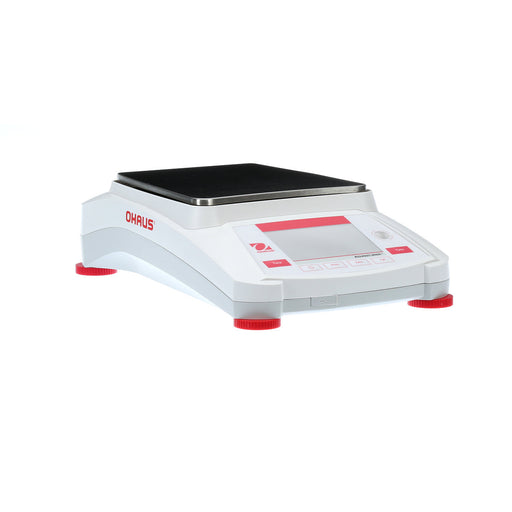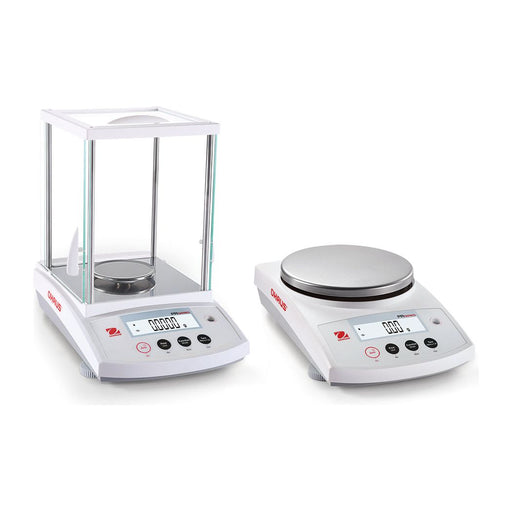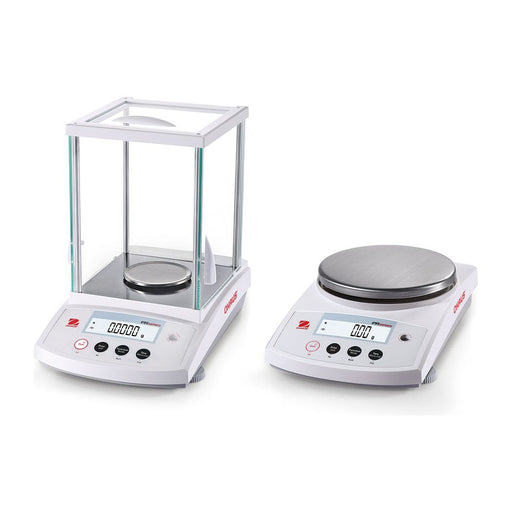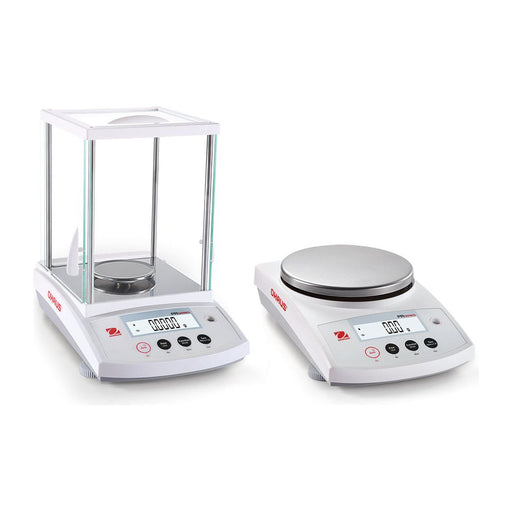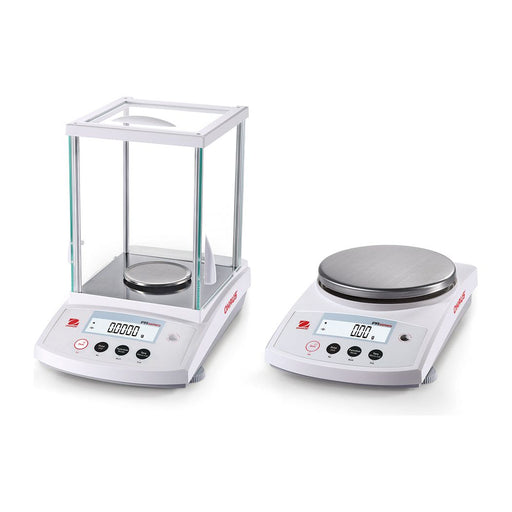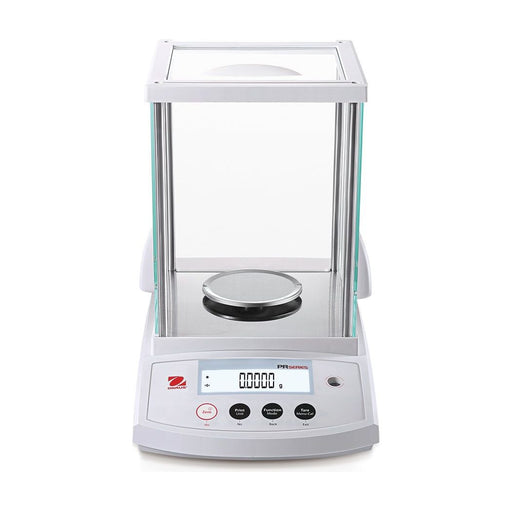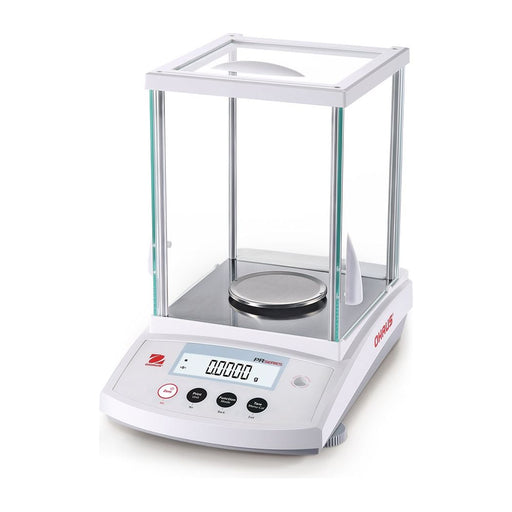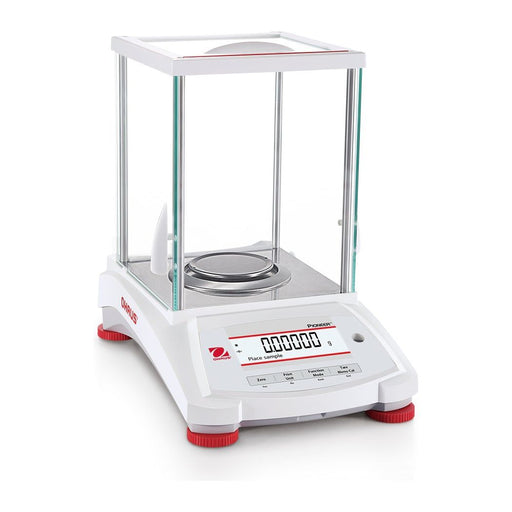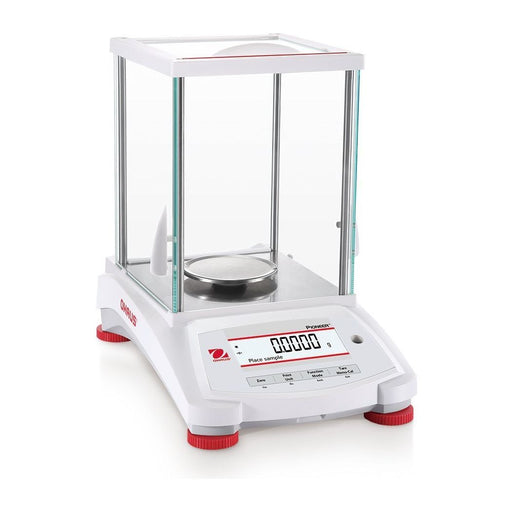Laboratory Scales
Lab scales are high-performance weighing instruments that are designed to meet the requirements of busy operating environments. They are used for a wide variety of applications including research, chemistry, product testing, and drug formulation. As well as being ideal for use in laboratories, lab scales are often used in the manufacturing and pharmaceutical sectors.
Lab scales are capable of maintaining high levels of accuracy and precision in volatile operating environments. They also include powerful features that make repetitive weighing tasks much more efficient and ergonomic.
Liberty Scales is the largest supplier of lab scales in the United States. We stock the full range of OHAUS lab scales — extremely high-quality scales with a reputation for accuracy and efficiency. To learn more about OHAUS lab scales, contact Liberty Scales on
(661) 888-1919 or via info@libertyscales.com.
You can also continue reading to learn more about our lab scales.
How Are Lab Scales Different To Normal Scales?
The key point of differentiation between lab scales and general weighing scales is their accuracy and precision. Laboratory scales must be extremely accurate as they are used for analytical testing and quantitative analysis. You can place lab scales into five subcategories, which are based upon the scale’s readability:
Precision balances (>= 0.001 g)
Analytical balances (0.0001 g)
Semi-micro balances (0.00001 g)
Micro balances (0.000001 g)
Ultra-micro balances (0.0000001 g)
Lab scales are so sensitive that dust, wind, and vibrations may affect their measurements. Calibration must also be performed regularly to ensure the accurate performance of the scale.
The extreme sensitivity of laboratory scales is why they often come with draft doors, which prevent wind and dust from affecting the scale. Many lab scales also have self-calibration features, which makes it easier to ensure the scale remains accurate.
Common Features Found On Lab Scales Balances
Lab scales have a wider range of features compared to general-purpose scales. It is common for lab scales to include:
Unit counting capabilities
Unit counting makes it easier to calculate the number of items on the scale. To use this feature, you place a sample of the product you are weighing, and key in how many pieces are in the sample. The scale will then be able to tell you how many units are in subsequent samples. This feature is particularly useful in pharmacies and laboratories where pills or tablets are being measured.
Various units of measurement
Lab scales will always provide several units of measurement. This includes common units like grams, milligrams, along with more obscure units including grains, Hong Kong Taels, Newtons, ounce troy, tael, and pennyweight.
Dynamic weighing
Dynamic weighing is a very useful feature in laboratories. It allows researchers to accurately weigh unstable samples like liquids or animals.
Draft shields
As mentioned earlier, many laboratory scales come with draft shields to prevent wind and dust from affecting the scale.
Percentage weighing
This feature lets the user specify a goal weight for a sample, then gradually add components to see what percentage they make up from the goal weight. This feature is useful when creating chemical or pharmaceutical formulas as the user can see how much each ingredient contributes to the total weight of the product.
Weight accumulation
This feature lets the user separately add different samples and see how much their total weight is. This feature is useful if a user has to weigh items that exceed the scale’s capacity if weighed simultaneously.
Networking compatibility
Laboratory scales must have the ability to connect with computers and other devices. This is why they usually include RS232 and/or USB compatibility.
Our Range Of OHAUS Laboratory Scales
OHAUS is one of the world’s largest providers of laboratory and analytical scales. Their scales are designed to meet the highest standards of reliability, speed, and safety. They can easily integrate into laboratory workflows, making weight measurement more efficient and reliable. The most popular OHAUS lab scales that Liberty Scales offers include:
This is a high-performance analytical scale with a maximum of 0.01mg readability and 220g capacity. It features an internal calibration system, color touchscreen display, automatic draft shield doors (selected models), touches sensors, an ionizer to eliminate dust contamination. The scale’s SmarText™ 2.0 software is feature-rich and intuitive to use.
The OHAUS Explorer® Analytical range is packed with useful features including a large color touchscreen, several application modes, and an icon-driven user interface. The Explorer’s fast stabilization times enhanced vibration filtering, and AutoCal™ calibration makes it a popular product range.
The OHAUS Adventurer® range includes both analytical and precision lab scales. They are extremely reliable scales that are durable enough to tolerate harsh operating conditions. Both the analytical and precision scales feature a large LCD, fast stabilization, AutoCal™ calibration, and USB ports for interoperability.
The OHAUS Pioneer® range includes the Pioneer® Semi-Micro, Pioneer® Analytical, and Pioneer® Precision scales. They are extremely reliable, durable, and packed with useful features. Their readability ranges from 0.1g through to 0.0001g.
This is a very affordable range of precision and analytical scales. It ranges from the Ohaus 4.7" PR Series NTEP Precision Balance PR523N 520gx0.001g to the Ohaus 7.1" PR Series NTEP Precision Balances PR822N/E 820gx0.1g. All scales in the range feature solid construction, multiple weighing modes, an easy-to-read backlit display, and a small footprint.
If you wish to learn more about OHAUS lab scales, contact Liberty Scales on (661) 888-1919 or via info@libertyscales.com.
